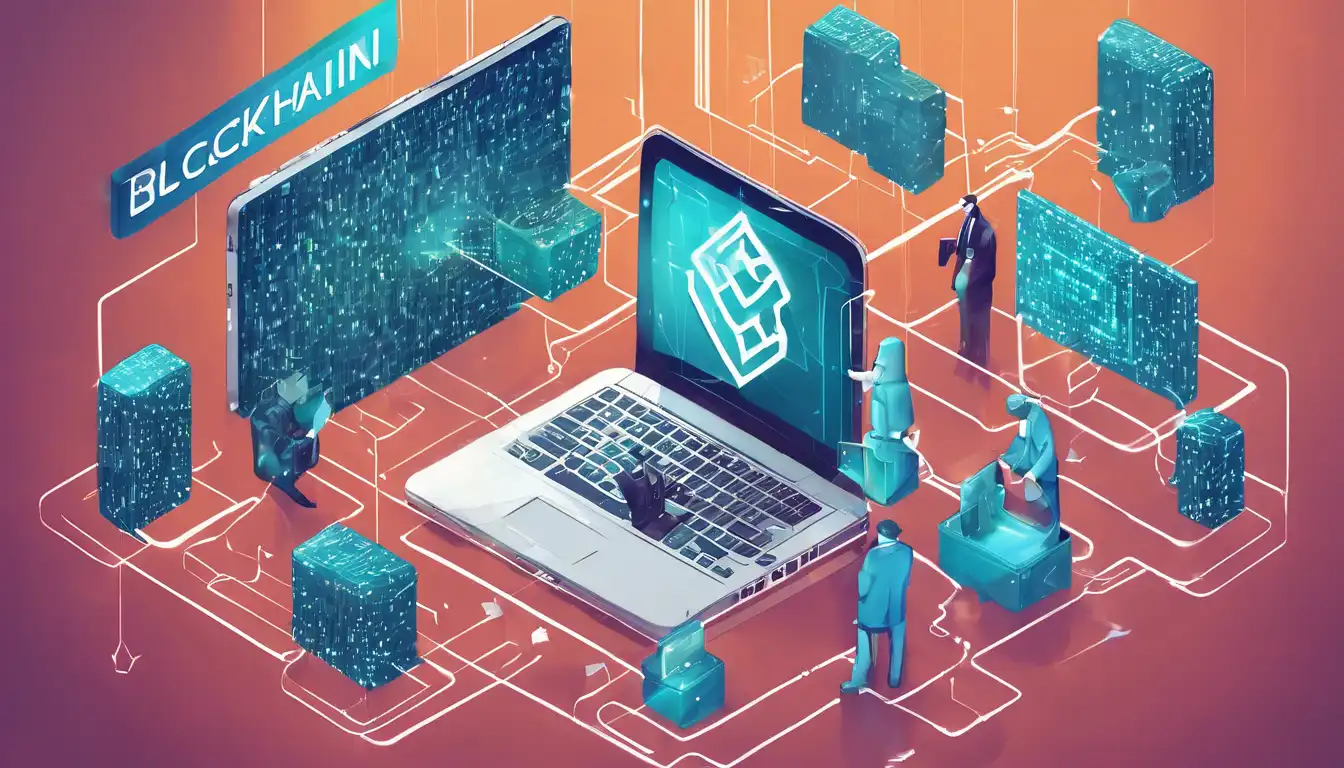The Revolutionary Impact of Blockchain on Data Security
In the digital age, data security has become a paramount concern for individuals and organizations alike. With the increasing prevalence of cyber threats, the need for robust security measures has never been more critical. Enter blockchain technology, a revolutionary approach that is transforming the way we think about and implement data security.
Understanding Blockchain Technology
At its core, blockchain is a decentralized ledger that records transactions across multiple computers in such a way that the registered transactions cannot be altered retroactively. This feature ensures the integrity and security of data, making blockchain an ideal solution for enhancing data security.
How Blockchain Enhances Data Security
Blockchain technology offers several key features that contribute to its ability to enhance data security:
- Decentralization: Unlike traditional databases that are centralized, blockchain distributes data across a network of computers, reducing the risk of a single point of failure.
- Immutable Records: Once data is recorded on a blockchain, it cannot be altered or deleted, ensuring the integrity of the data.
- Encryption: Blockchain uses advanced cryptographic techniques to secure data, making it nearly impossible for unauthorized parties to access or tamper with the information.
- Transparency: All transactions on a blockchain are transparent and can be verified by any participant in the network, fostering trust among users.
Applications of Blockchain in Data Security
Blockchain technology is being applied in various sectors to enhance data security. Some notable applications include:
- Financial Services: Blockchain is used to secure transactions and prevent fraud in the banking and finance sector.
- Healthcare: Patient records are being secured on blockchain to ensure privacy and prevent unauthorized access.
- Supply Chain Management: Blockchain provides a secure and transparent way to track the movement of goods, reducing the risk of counterfeit products.
- Identity Verification: Blockchain can be used to create secure and unforgeable digital identities, reducing the risk of identity theft.
Challenges and Future Prospects
Despite its potential, blockchain technology faces challenges such as scalability and regulatory hurdles. However, ongoing research and development are addressing these issues, paving the way for wider adoption. The future of blockchain in data security looks promising, with potential applications in voting systems, intellectual property protection, and more.
In conclusion, blockchain technology is revolutionizing data security by providing a secure, transparent, and decentralized way to protect information. As the technology continues to evolve, its impact on data security is expected to grow, offering new opportunities to safeguard digital assets in an increasingly connected world.
